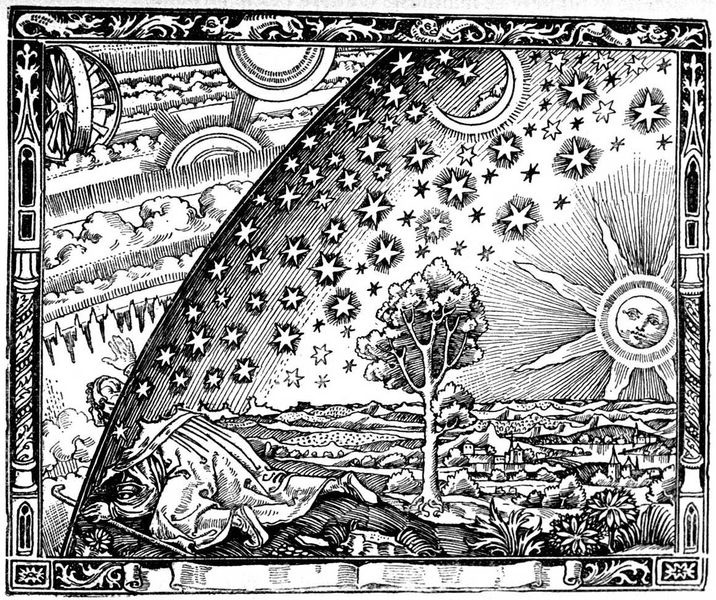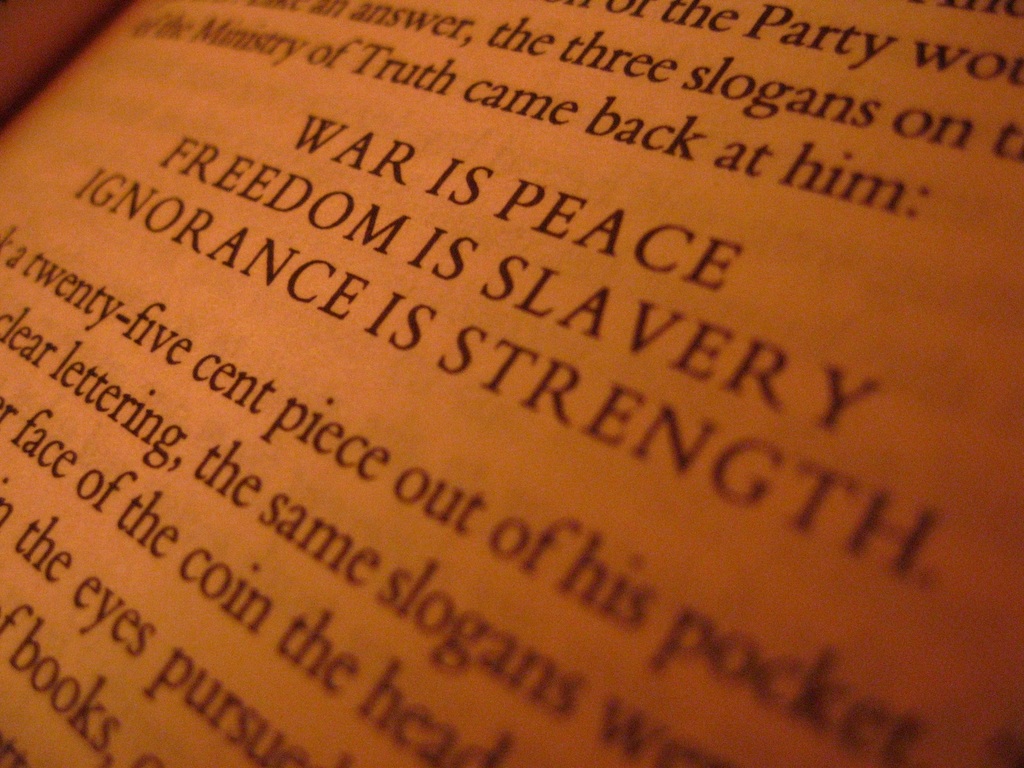|
"Why don't you write stories set in the real world?" This is a question I have been asked a number of times and - to be honest - I have sometimes asked it of myself. When I first conceived of writing This Sacred Isle, a story set in Britain during the Dark Ages, my intention was to write a 'straight' historical novel. I had recently finished the Tree of Life fantasy series and thought I wanted to move in a slightly different direction. However, once I starting researching and planning This Sacred Isle I became intrigued with the myths and tales of the Anglo-Saxons, which were populated with a range of fantastic beings and shot through with magic and mysticism. Although I remained committed to making the historical details of the novel as accurate as possible, I realised I wanted, needed to explore the fantastical dimensions of the story. And I believe there was no inconsistency here - the legends of the Anglo-Saxons, such as the monstrous thyrs, demonic black hounds and of course, dragons, would have been real to the people of that time, horrors just out of sight, horrors lurking on the horizon... I concluded I could not set a story within this time period without representing the Anglo-Saxon's belief in their gods and their concept of Wyrd, fate or destiny as we would perhaps call it. This element, I believe, gives the story further depth and consistency, for it influences the characters' thinking and decisions. My love of writing fantasy and SF fiction goes to the very core of why I write. I want to explore the things that fascinate me: psychology, myth, story-telling, art, the natural world and history. Fantasy (and SF) are often dismissed as pure escapism, labelled cosy and simple - words that imply the genre is childish and immature. But for me, fantasy is not a retreat; it provides me with a way of processing the world. It is a slanted mirror, distorting, warping, but still reflecting reality. Fantasy gives me the sandbox to play with these ideas - somehow it gives me the right tools, the right language. When I set out to write This Sacred Isle I was interested in delving into the Anglo-Saxon world and constructing a riveting story. But I wanted to write about Britain, and the inherent dangers of tribalism and closed minds. I could have written (or at least tried to!) about austerity politics, the rise of nationalism or religious extremism. Yet the mythic landscape of the Dark Ages somehow provided the setting and symbols in a more abstract and (I hope) richer way. This is what fantasy / SF can achieve. And many better writers than me seem to have come to the same conclusion. Take George Orwell's Nineteen Eighty-Four - he could have set his novel in Stalinist Soviet Union; doubtless it would still have been a devastating critique of totalitarianism, with powerful human truths. But would it have touched so many people across so many cultures; would it have buried itself so deeply in our language, our political thought, our nightmares? Others may disagree, but I think not. By setting Nineteen Eighty-Four in the fictional Airstrip One and filling this world with invented (and terrifying) creations such as Telescreens, Thought Police and Room 101, Orwell gives the novel a broad and timeless applicability.
There is of course always a need for realistic, contemporary fiction - a burning need. Our literary landscape would wither without it. But I would argue fantasy also holds a place of high importance: entertaining, thrilling, challenging, daring, frightening. I strongly suspect everything I write will have a fantastical element, because this allows me the broadest canvas to explore the real world. What draws you to fantasy and SF fiction? Please share your thoughts below.
0 Comments
Leave a Reply. |
Archives
October 2023
Categories
All
|


 RSS Feed
RSS Feed